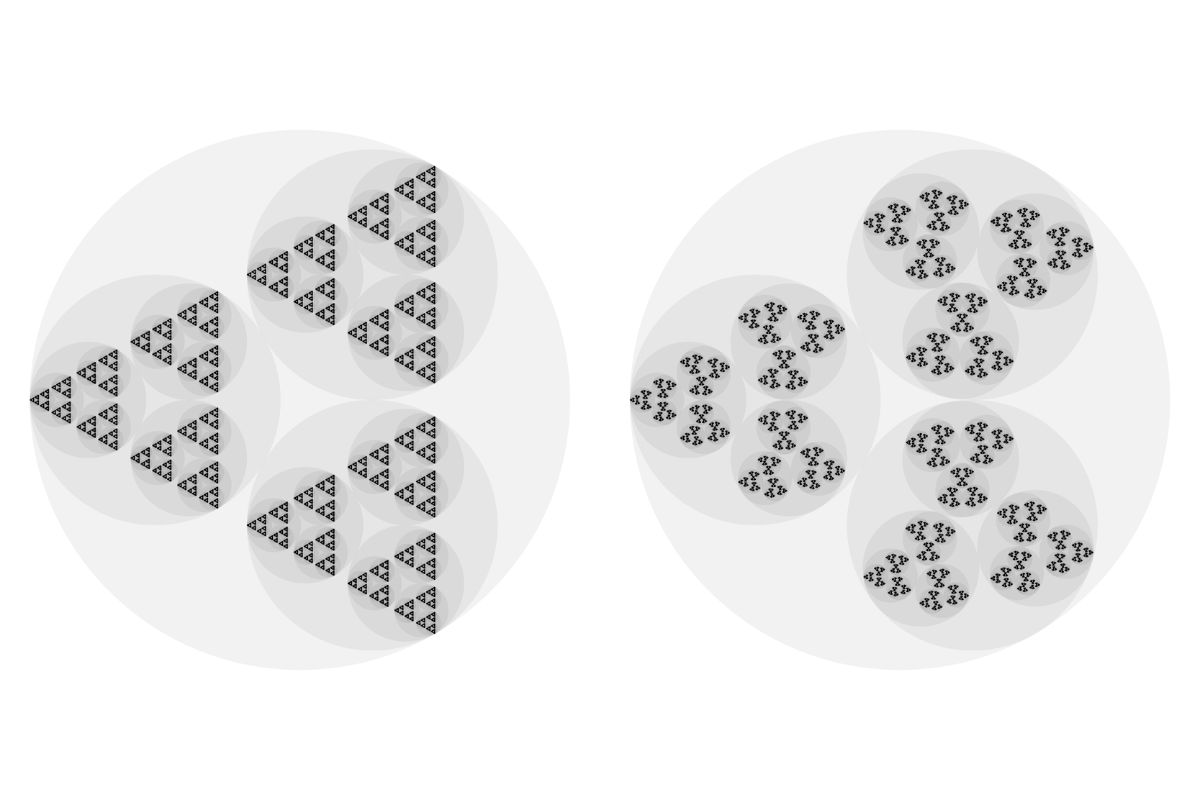
What is Algebraic Number Theory? Algebraic Number Theory is a branch of mathematics that studies the properties of numbers through the lens of algebra. It focuses on the relationships between numbers, especially integers, and the solutions to polynomial equations. This field dives deep into concepts like prime numbers, factorization, and the structure of number systems. Why is it important? It helps solve problems in cryptography, coding theory, and even quantum computing. Who uses it? Mathematicians, computer scientists, and engineers often rely on algebraic number theory to develop new algorithms and technologies. Ready to learn more? Let's dive into 26 fascinating facts about this intriguing subject!
What is Algebraic Number Theory?
Algebraic number theory is a branch of mathematics that studies the properties of numbers through the use of algebraic techniques. It dives deep into the relationships between numbers, especially integers, and the solutions to polynomial equations.
- Algebraic number theory focuses on algebraic integers, which are roots of monic polynomials with integer coefficients.
- This field of study is crucial for understanding prime numbers and their distribution.
- It has applications in cryptography, particularly in the creation of secure encryption algorithms.
Historical Background
Understanding the history of algebraic number theory helps appreciate its development and significance.
- The origins trace back to ancient Greece, with mathematicians like Euclid studying number properties.
- In the 19th century, Carl Friedrich Gauss laid foundational work with his Disquisitiones Arithmeticae.
- Ernst Kummer introduced the concept of ideal numbers to solve Fermat's Last Theorem for regular primes.
Key Concepts in Algebraic Number Theory
Several fundamental concepts form the backbone of algebraic number theory.
- An algebraic number is any complex number that is a root of a non-zero polynomial equation with rational coefficients.
- A number field is a finite degree field extension of the rational numbers.
- The ring of integers in a number field generalizes the concept of ordinary integers.
Famous Theorems and Conjectures
Algebraic number theory is rich with significant theorems and conjectures that have shaped modern mathematics.
- The Fundamental Theorem of Algebra states every non-constant polynomial has at least one complex root.
- Dirichlet's Unit Theorem describes the structure of the unit group of the ring of integers in a number field.
- The Riemann Hypothesis, one of the most famous unsolved problems, has deep connections to algebraic number theory.
Applications in Modern Technology
Algebraic number theory isn't just theoretical; it has practical applications in today's world.
- Cryptography relies heavily on algebraic number theory for secure communication.
- Error-correcting codes, essential for data transmission, use principles from this field.
- Quantum computing algorithms often incorporate algebraic number theory concepts.
Influential Mathematicians
Several mathematicians have made groundbreaking contributions to algebraic number theory.
- Carl Friedrich Gauss, known as the "Prince of Mathematicians," made significant contributions to number theory.
- Richard Dedekind introduced the concept of Dedekind domains and ideals.
- David Hilbert's work on algebraic number fields laid the groundwork for modern algebraic number theory.
Advanced Topics
For those delving deeper, advanced topics in algebraic number theory offer a wealth of knowledge.
- Class field theory studies the abelian extensions of number fields.
- Modular forms and their connection to elliptic curves are central to modern number theory.
- The Langlands program aims to relate Galois groups in algebraic number theory to automorphic forms and representations.
Real-World Problems and Solutions
Algebraic number theory helps solve real-world problems, often in unexpected ways.
- It plays a role in solving Diophantine equations, which seek integer solutions to polynomial equations.
- The study of algebraic curves over finite fields has applications in coding theory.
- Algebraic number theory aids in the development of algorithms for factoring large integers, crucial for cryptography.
Future Directions
The future of algebraic number theory holds exciting possibilities and challenges.
- Research continues into the connections between algebraic number theory and other areas of mathematics, such as topology and geometry.
- Advances in computational techniques are opening new avenues for exploring complex problems in this field.
Final Thoughts on Algebraic Number Theory
Algebraic number theory, a fascinating branch of mathematics, dives deep into the properties of numbers. It connects abstract concepts with real-world applications. From solving polynomial equations to understanding the distribution of prime numbers, this field offers endless exploration. Mathematicians use algebraic number theory to tackle complex problems in cryptography, coding theory, and even quantum computing. Its rich history, dating back to ancient mathematicians like Euclid and Diophantus, shows its enduring significance. Modern advancements continue to push the boundaries, revealing new insights and applications. Whether you're a student, a professional mathematician, or just curious, algebraic number theory has something to offer. Its blend of theory and application makes it a cornerstone of mathematical study. Dive in, explore, and appreciate the beauty and complexity of numbers.
Was this page helpful?
Our commitment to delivering trustworthy and engaging content is at the heart of what we do. Each fact on our site is contributed by real users like you, bringing a wealth of diverse insights and information. To ensure the highest standards of accuracy and reliability, our dedicated editors meticulously review each submission. This process guarantees that the facts we share are not only fascinating but also credible. Trust in our commitment to quality and authenticity as you explore and learn with us.
